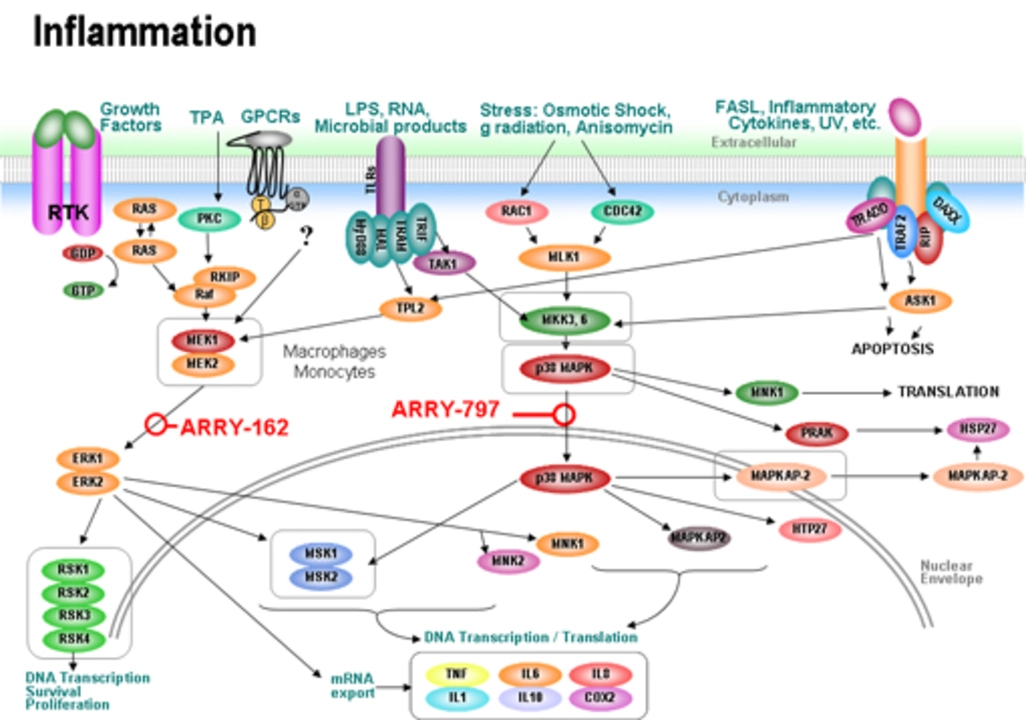Cancer: Practical Guides on Treatments, Meds, and Everyday Care
Being diagnosed with cancer throws a lot at you fast. You need clear next steps, reliable drug info, and simple ways to manage side effects. This page collects practical tips and links to helpful articles on NorthwestPharmacy.SU so you can act with confidence.
What to track and tell your care team
Bring a single sheet with your current medicines (prescription, OTC, vitamins) to every visit. Note exact doses and how often you take them. Track symptoms for a week before appointments—include timing, triggers, severity, and what helps. That short list saves time, stops missed interactions, and helps your team adjust treatments faster.
If you get a new prescription, ask these three quick questions: Why this drug? What side effects should I expect and when? Are there common interactions with supplements or other meds? Your pharmacist can run interaction checks and suggest safer combos—use them as a second pair of eyes.
Managing common side effects at home
Nausea: Try small, bland snacks often. Ginger tea or ginger candies help some people. Talk to your team about anti-nausea options like ondansetron if symptoms stay bad.
Fatigue: Break tasks into 15–30 minute blocks and rest between. Prioritize the day’s one important activity and accept help for the rest. Ask your doctor to check iron and thyroid—correcting these often lifts energy.
Mouth sores and dry mouth: Rinse with warm salt water (1/2 teaspoon salt in a cup of water) after meals. Soft foods and extra fluids reduce discomfort.
Lowered immunity: Fever over 100.4°F (38°C) needs urgent contact with your care team. Avoid crowded places during chemo cycles and treat small cuts carefully—clean and cover them.
Nerve pain (neuropathy): Tell your team early if you notice tingling or numbness. Dose changes or alternative meds can prevent progression.
Always report new or worsening symptoms right away—early fixes are simpler and safer.
Finding and affording medications
Not all cancer-support meds are expensive if you shop smart. Use price comparison apps and discount tools to compare pharmacy prices. Our site has guides on digital health apps and pharmacist tips to find real savings—try a few tools before you buy. If you consider an online pharmacy, verify licensing and read reviews. Never skip prescriptions or alter doses without talking to your oncologist.
Extra tips that actually help
Keep one medicine list on your phone and a paper copy in your bag. Ask your pharmacist for a plain-language leaflet about every new drug. If a doctor recommends supplements, ask for evidence—some supplements interfere with chemo and radiation.
Explore support services—nutrition counseling, social work, and palliative care can improve quality of life during treatment. For deeper reading, check our articles on drug interactions, safe online pharmacies, and cost-saving apps on NorthwestPharmacy.SU.
If you want, tell us what stage of treatment you're at or which symptoms are bothering you—I'll point you to specific articles and tips on the site that match your needs.

The Connection Between Cancer and Chronic Inflammation
In recent studies, I've discovered a significant connection between cancer and chronic inflammation. It appears that long-term inflammation can lead to DNA damage, fostering an environment for cancer development. Additionally, inflammatory cells can release chemicals that promote tumor growth and suppress our immune system. Therefore, it's crucial for us to manage inflammation through a healthy lifestyle and diet. By doing so, we can reduce our risk of cancer and increase our overall wellbeing.
Read More